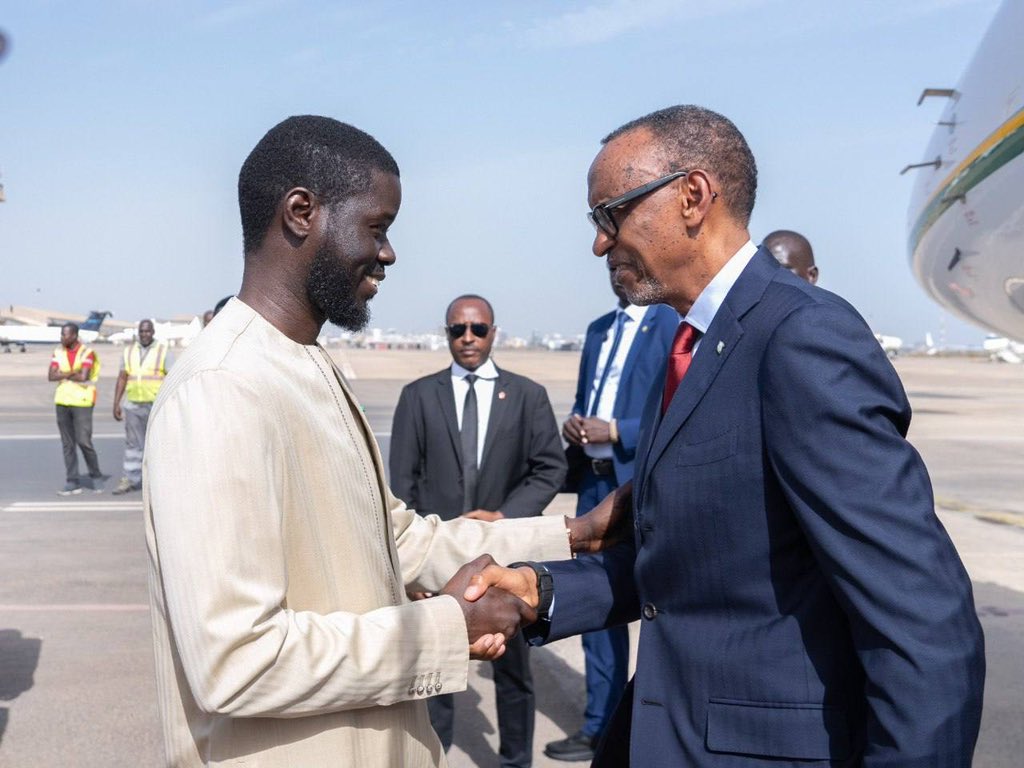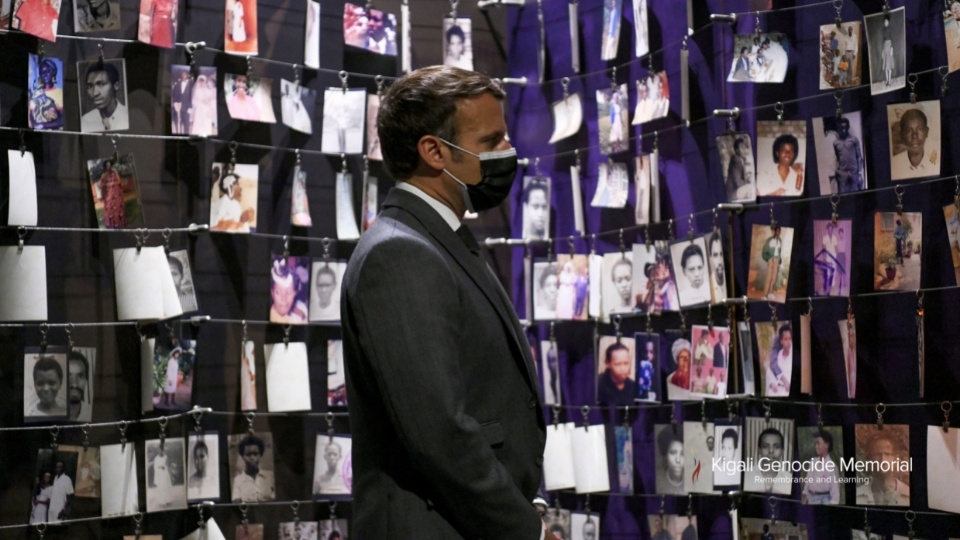Opposition parties should not be used as spaces for scores settling between former allies who fall out. citizens are interested in ideas of politicians, not their bitterness:
We, the people want to know which new policies they have to offer, that are better than what we have had until now. We do not need them to tell us what is wrong with the current systems; we are capable of being judges of that.
Mugisha Muntu, the President of the Ugandan leading opposition party, the Forum for Democratic Change (FDC), a man whom, unlike his party members, is known for not participating in street protests, remarked recently: ‘we have to change the image of our party, because people know us for criticizing the ruling party and not for what we stand for’
Indeed, riding on the grudges that people hold against the ruling system is not a durable plan:
If the grudges are real and at the center of people’s interests for now, they will not always be: as we know, people’s temperament and interests are fickle: a football victory, a new baby, or decrease in food/transport prices may immediately tone down people’s anger and shift their interests.
Nowadays we are aso observing what you would call ‘tit for tat’ or ‘two can play that game’ tactics: ruling parties have learned to counter attack; any faux pas by an opposition leader is blown out of proportion by the ruling party with the risk to delegitimize him.
This game is a double edged sword: if the opposition manage to access power in those circumstances, its regime will not survive similar scrutiny; however, if its campaign is not decisive in swiftly accessing power, people tend to change subject, or channel…
For example, Morgan Tsvangrai, the Zimbabwean opposition leader has seen his popularity gradually eroded by the lifting of foreign sanctions and a slow but visible normalization of the situation in the country, which ironically, were a result of him joining the coalition government. His counterpart Etienne Chisekedi, the DRC mythical opponent to all regimes, has also seen his influence evade him as age afflicted his attractiveness and charisma…
Others who are seeing their negative campaigning blow in their faces include the ‘gauche’ socialist party in France, which, having been propelled to power by people’s angry reaction to the European economic crisis, are experiencing record unpopularity on a daily basis, and have – miracle aside – zero chance of being reelected, come 2017. when asked why they do not like their current government, the people deplore their lack of vision and incapacity to redress the situation. In the same optic, Egyptians voted for the Muslim Brotherhood, not because they embodied modern and progressive governance options, but because the other faces on the ballot box were of Mubarak’s acolytes, whom, under the circumstances were more repulsive than Al-Qaeda…
Less than six months into office, Egyptians had realized their big mistake, but hoped protests and pressure would prompt the Muslim brotherhood to change its policies. Unfortunately there were NO policies to speak of, apart from old faith-based dogmas and business as usual, which, as Egyptian vice president – El Baradei wrote in Foreign Policy, at the wake of the latest protests: ‘people can’t eat the Quran!’ Indeed, once the dust settled, the new incumbent did not escape a closer – and soberer – scrutiny of his systems and eventually suffered the same fate as his predecessor.
As for Rwanda, opposition movements – in exile – have become bitter critics, backstabbers and anti-Rwanda flag bearers. With that attitude they can only rally the disenfranchised, the disillusioned, the bitter, the exiled, the banished, the black sheep and the wanted. Although I am doing a good extrapolating job here, they are actually not a significant amount of people; at least not enough to constitute a winning electoral majority, or an influential minority for that matter.
Look I am Rwandan, I like it when people say good things about my country, or good things that they intend to do about it. I don’t particularly enjoy it when Rwandans criticize each other. I am constantly in search for new political ideas, so, while my interest shoots to the roof every time a new political movement emerges, I am quickly disillusioned by their urge to undermine any accomplishments made so far. With that attitude they cannot woo the achievers, the ambitious, the hopeful, the courageous, the believers and the doers:
Like F.D. Roosevelt once said: ‘It is not the critic who counts; not the man who points out how the strong man stumbles, or where the doer of deeds could have done them better. The credit belongs to the man who is actually in the arena, whose face is marred by dust and sweat and blood; who strives valiantly; who errs, who comes short again and again, because there is no effort without error and shortcoming; but who does actually strive to do the deeds; who knows great enthusiasms, the great devotions; who spends himself in a worthy cause; who at the best knows in the end the triumph of high achievement, and who at the worst, if he fails, at least fails while daring greatly, so that his place shall never be with those cold and timid souls who neither know victory nor defeat.’
While I can tolerate a little critics of the current president here and there – if there are germane, I prefer reading manifestos, plans for political change, because at least that will give me an idea of what you will do for us if you were to come to power. You want to start an opposition movement? Or be the new guy in the ruling movement? I will join you! But first, you have to tell me what you are all about, not what the other is not all about.
As 2017 looms, I am waiting for you. I don’t care if you are in the ruling party or in the opposition. Come take my hand/vote and show me a better Rwanda.
















Leave a Reply